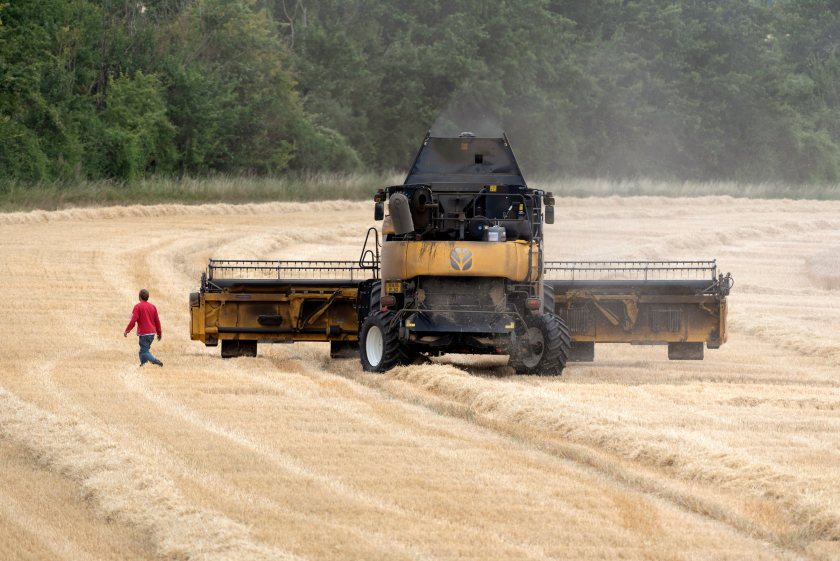
Food must be recognised as a core element of national security, the NFU has urged, calling on the government to match its rhetoric with meaningful action in tomorrow's national security strategy.
With the UK’s resilience increasingly tested by global instability, ministers are being told by the union to prioritise UK food production as a matter of strategic importance.
It comes ahead of the launch of the government’s new national security strategy on Tuesday (24 June), which will outline how the UK intends to respond to emerging domestic and international threats.
The strategy will be published alongside the wider strategic defence review unveiled earlier this year.
The NFU's appeal reflects a pledge in the government’s own manifesto that “food security is national security” – a line ministers have frequently echoed.
It also mirrors concerns raised by former MI5 Director General, Baroness Manningham-Buller, who identified food production as a critical part of the UK’s infrastructure.
However, a recent report from the National Preparedness Commission – a group of crisis management experts – paints a concerning picture of the nation’s current food system, warning that it is dangerously exposed to external shocks and urgently in need of strengthening.
NFU President Tom Bradshaw warned that the UK is entering “an increasingly volatile world”, citing forecasts from the World Economic Forum that predict a decade marked by growing geopolitical unrest, economic disruption, and more frequent extreme weather events.
Against this backdrop, Mr Bradshaw said the resilience of the UK’s food system must be treated as “a strategic priority”.
He highlighted recent shortages on supermarket shelves and the rationing of fresh produce as clear evidence of how fragile food supply chains have become in the face of domestic cost pressures and poor harvests overseas.
“If ministers truly believe their own words and take the experts seriously,” he said, “they’ll seize this moment to put food security at the heart of our national security strategy.
"It’s not just an opportunity – it’s a necessity to safeguard the future of food for the nation.”
It comes as concerns continue to grow over the UK’s reliance on imported food, with self-sufficiency levels hovering around 60%, down from 78% in the mid-1980s.
Farming leaders argue that bolstering domestic food production would not only improve national resilience but also support rural economies, environmental goals, and the wellbeing of future generations.
